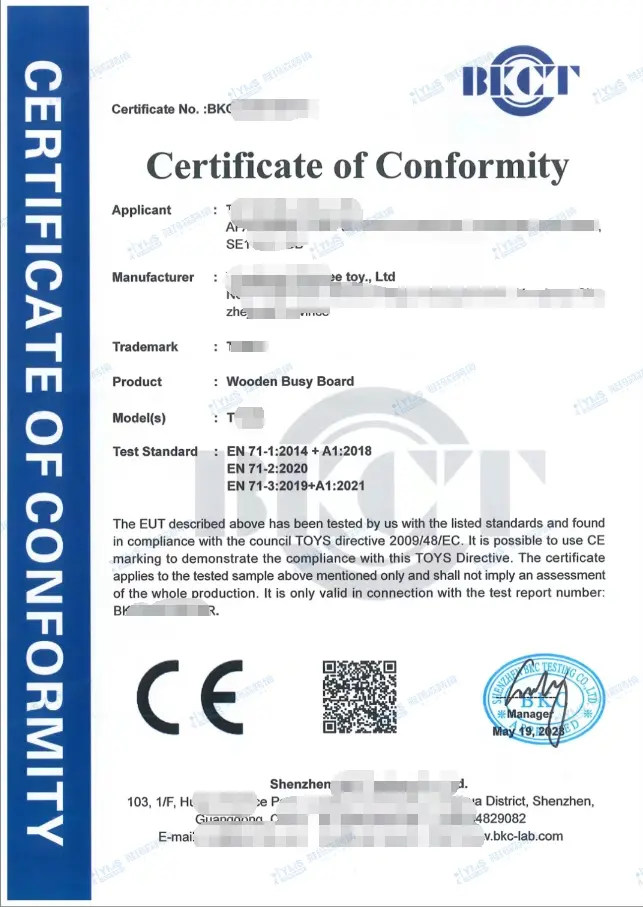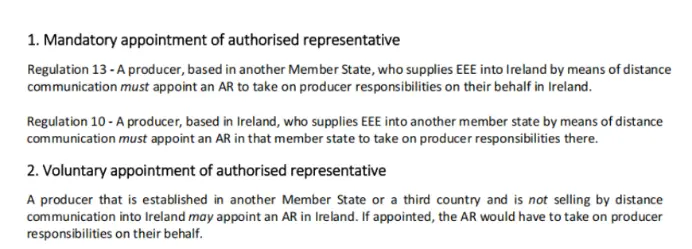
European Toy EN71 Safety Standard Testing
Europe is one of the largest toy production and export regions in the world. Its manufacturers are known for high quality, innovation, and safety, meeting global market demands. A key factor in this success is the EN71 European Toy Safety Standard, which ensures that toys made in Europe comply with the highest safety standards, providing consumers with confidence.
Overview of European Toy Exports
Rise of the European Toy Industry
The European toy industry is one of the world's leading industries. European manufacturers produce various toys, including traditional wooden toys, electronic toys, plastic toys, and dolls. This industry has a strong market presence not only in Europe but also internationally.
Scale of European Toy Exports
European toy exports hold a significant position globally. Countries like Germany, Italy, France, China, the Netherlands, and the United Kingdom excel in toy exports. Manufacturers in these countries achieve success in the international market due to their quality and innovation.
Competitive Advantages
The competitive advantages of European toy manufacturers include high-quality production, rich design innovation, sustainability considerations, and a good reputation. They strive to meet global market demands for safety and quality.
EN71 European Toy Safety Standard Test Report

Importance of the Standard
The en71 standard, formULated by the European Committee for Standardization (CEN), aims to ensure toy safety, preventing harm to children while playing. This standard is based on scientific research and best practices, regularly updated to reflect the latest technological and regulatory developments.
Standard Overview
CE-EN71 is a European standard concerning toy safety. It is a series of European standards outlining safety requirements for toys sold within the European Union (EU). These standards ensure that toys sold in the EU market are safe for children. en71 standards cover various aspects of toy safety, including mechanical and physical properties, flammability, cheMICal properties, and labeling requirements. The "CE" mark indicates that the product meets the essential requirements of the relevant European directives. EN71 standards are divided into several parts, each covering different aspects of toy safety.
Some important parts of EN71 include:
- EN71-1: Mechanical and Physical Properties
Covers requirements related to the mechanical and physical properties of toys, including their size, shape, and strength.
- en71-2: Flammability
Addresses the flammability of toys and sets limits on the flammability of certain materials used in toys.
- EN71-3: Migration of Certain Elements
Specifies limits on the migration of certain hazardous elements (like heavy metals such as lead and cadmium) from toy materials.
- EN71-4: Experimental Sets for Chemistry and Related Activities
Outlines safety requirements for chemical experiment sets and similar products.
- EN71-5: Chemical Toys (Sets) Other Than Experimental Sets
Covers safety requirements for chemical toys excluding experimental sets.
- EN71-7: Finger Paints
Specifies safety requirements for finger paints commonly used by young children.
- EN71-8: Swings, Slides, and Similar Activity Toys
Covers safety requirements for toys such as swings, slides, and other outdoor play equipment.
- en71-9: Organic Chemical Compounds – Requirements
Focuses on safety requirements for organic compounds in certain toys.
- EN71-10: Organic Chemical Compounds – Sample Preparation and Extraction
Outlines procedures for preparing and extracting organic compounds from toys.
- EN71-11: Organic Chemical Compounds – Analysis Methods
Provides methods for analyzing organic compounds in toys.
The purpose of these standards is to ensure that toys sold in the European market are safe for children and do not pose any health or safety risks. Manufacturers and toy distributors must ensure their products comply with these standards and carry the ce mark to demonstrate compliance.
Competitiveness in the European Export Market
The presence of the EN71 standard enhances the competitiveness of European manufacturers. Since their products meet the highest safety standards, they can more easily enter international markets. European toys are highly trusted for their quality and safety, which is advantageous for exports to other countries.
Controversies and Challenges
However, some manufacturers may face high costs in complying with the EN71 standard. This includes the need for rigorous testing and oversight to ensure product compliance. Despite these challenges, the EN71 standard provides essential support in protecting children's safety.
The European toy export market is a field full of opportunities, and the existence of the EN71 European Toy Safety Standard enables European manufacturers to succeed in the global market. The formulation and implementation of this standard ensure children's safety while promoting the development of global trade. Therefore, the close relationship between European toy exports and the EN71 standard is significant for both the European and global toy markets.
Email:hello@jjrlab.com
Write your message here and send it to us
 LFGB Compliance Testing for Plastic Food Contact M
LFGB Compliance Testing for Plastic Food Contact M
 How to get LFGB Compliance Report for Food Grade P
How to get LFGB Compliance Report for Food Grade P
 LFGB Certification Process for Kitchenware Product
LFGB Certification Process for Kitchenware Product
 LFGB Test Requirements for Food Contact Materials
LFGB Test Requirements for Food Contact Materials
 Irish Battery Act Requires an Authorised Represent
Irish Battery Act Requires an Authorised Represent
 Swedish Battery Act Requires an Authorised Represe
Swedish Battery Act Requires an Authorised Represe
 Amazon TIC Provider
Amazon TIC Provider
 Amazon Battery and Charger Requirements
Amazon Battery and Charger Requirements
Leave us a message
24-hour online customer service at any time to respond, so that you worry!




